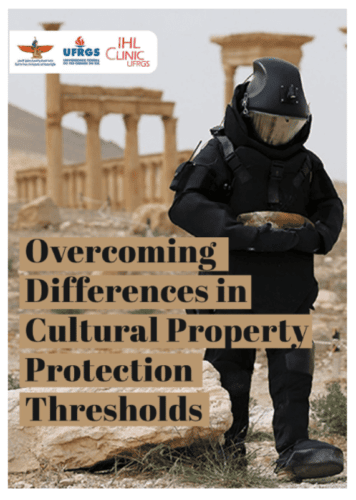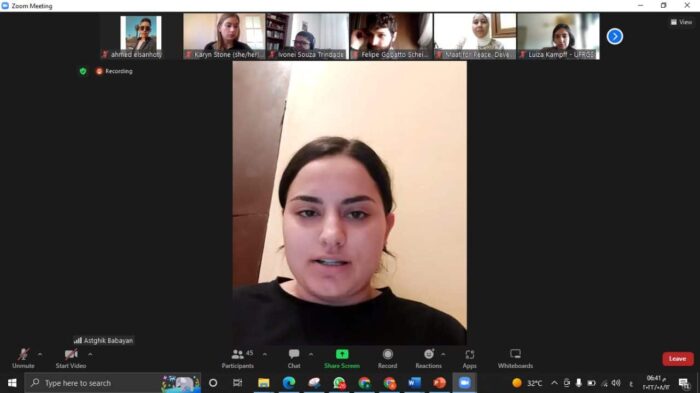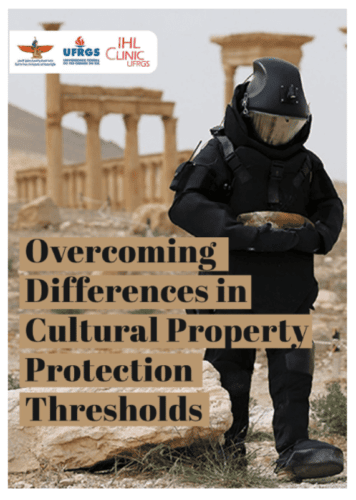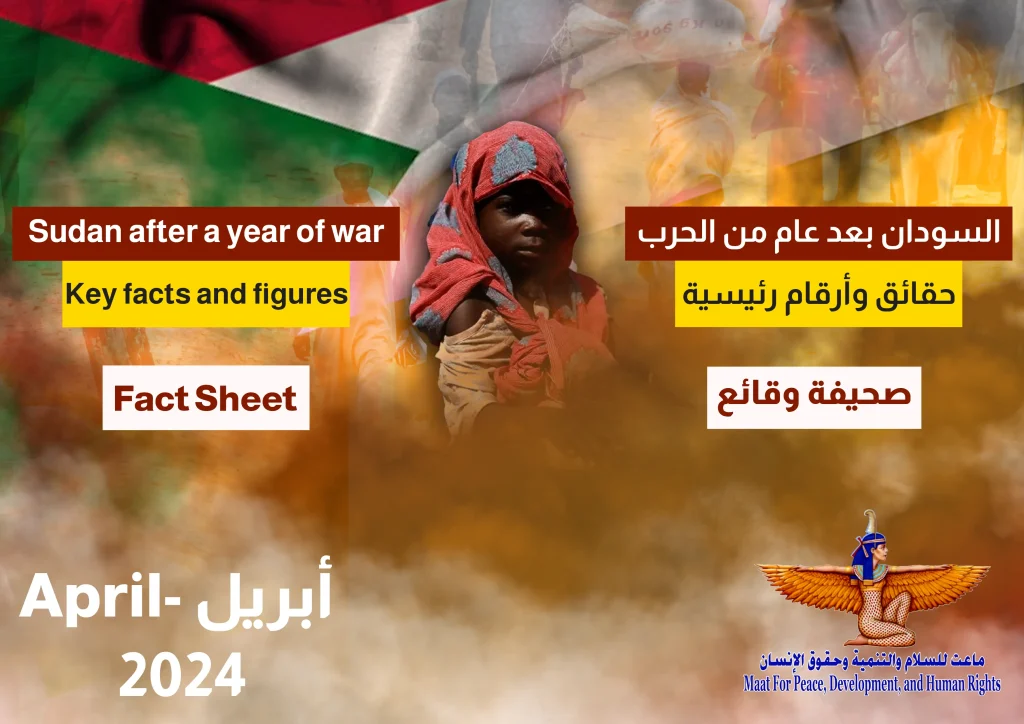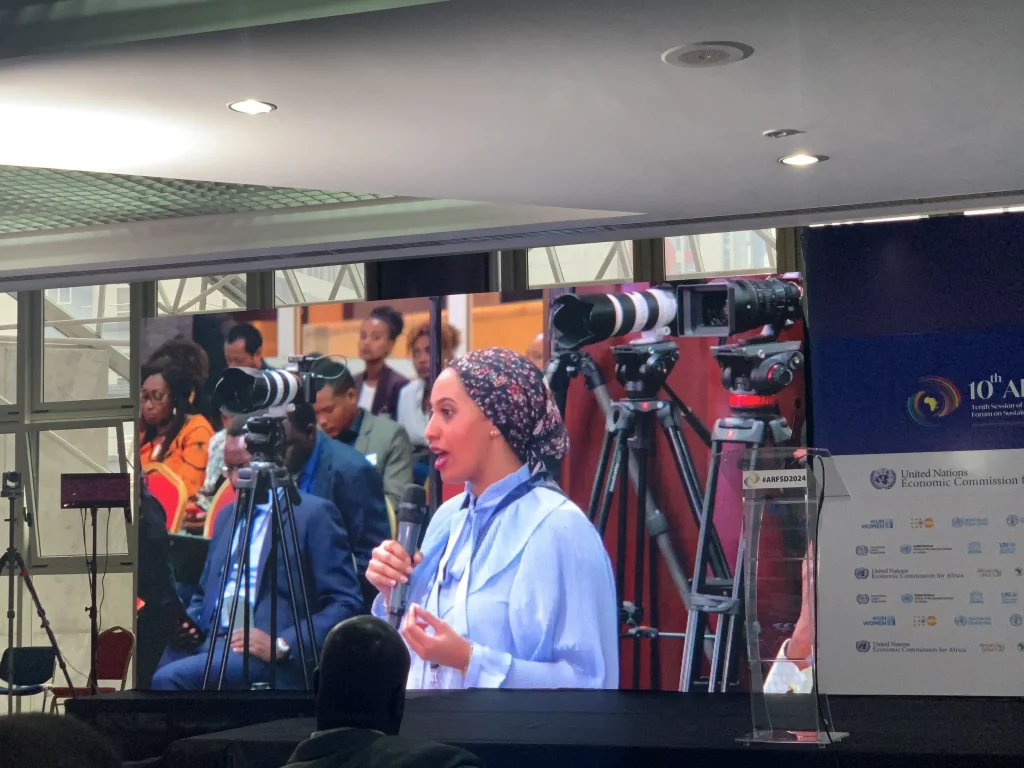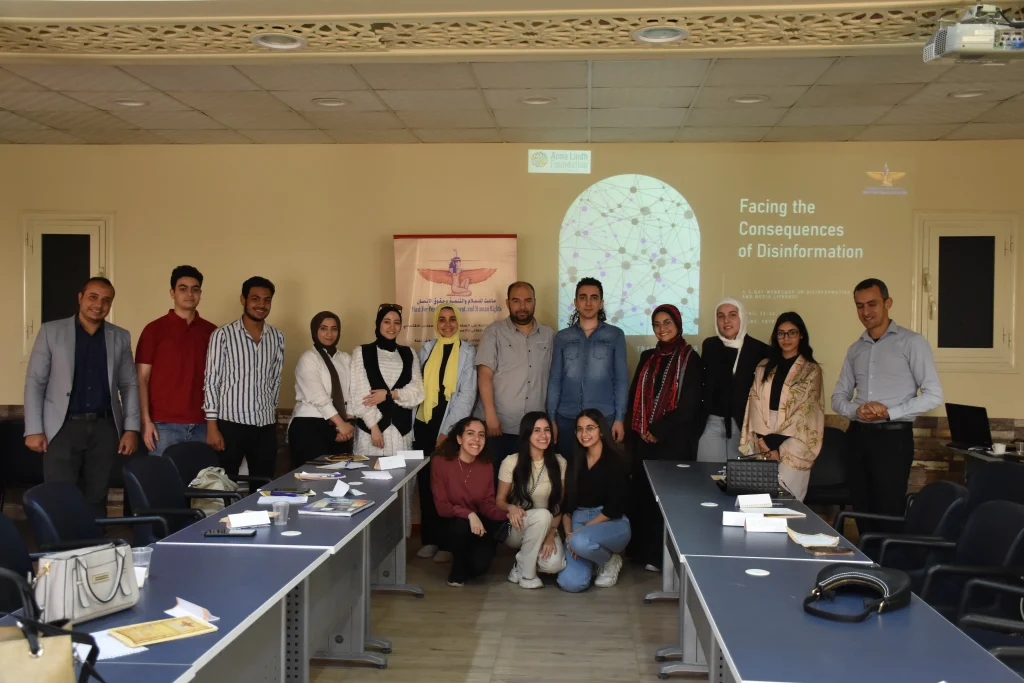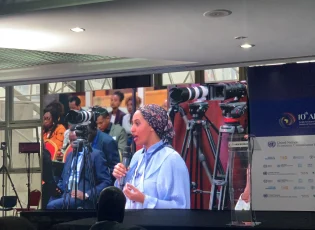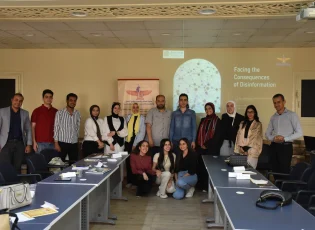At the Conference on the Protection of Cultural Property, Maat recommends the Need to Develop an Arab strategy to protect archaeological sites in conflict countries and to preserve artifacts in one of the safe Arab countries
Okeil: We demand that the crime of targeting the cultural heritage of any people be considered a crime of cultural genocide
On the occasion of the 73rd anniversary of the four Geneva Conventions, the Maat Foundation for Peace, Development and Human Rights, in cooperation with the Federal University of Rio Grande do Sul, Brazil, organized a conference on the protection of cultural property under international humanitarian law, in the presence of a group of international experts from Egypt, Brazil and Tunisia, including Dr. Rodrigo Valen de Oliveira, Vice Rector of the Law School of the Federal University of Rio Grande do Sul, international human rights expert Ayman Akil, the Canadian Red Cross, Judge Monia Ammar, former regional advisor to the International Committee of the Red Cross, and Brazilian lawyer Yvonne Souza Trindade
Ayman Okeil, a human rights expert and President of Maat, opened the conference by noting that in light of the rising number of conflicts and wars everywhere and the continued exposure of cultural property to attack and vandalism, the protection of cultural property during armed conflicts has become a key issue that must be highlighted. UNESCO has made commendable efforts in this regard by adopting various international conventions related to the protection of cultural heritage to enhance intercultural understanding with emphasis on the importance of cooperation. Okeil also stressed that one Convention is not enough to fight this practice, given the fact that many warring forces deliberately destroy the cultural heritage of other peoples. The destruction of historical monuments in Afghanistan, Syria, Lebanon, Yemen and Mali and the looting of Iraqi heritage has shocked all parties concerned with protecting the world heritage.
Okeil demanded that the crime of attacking the cultural heritage of any people be considered a crime of cultural genocide for these people, especially when it is committed deliberately with the aim of destroying the culture, language, religion of a group of people, such as destroying libraries, museums, schools, cultural objects, places of worship and cultural objects of the group or preventing them from using them.
OKeil recommend the need to develop a unified Arab strategy to protect archaeological sites in the conflict countries and to preserve the artifacts in one of the safe Arab countries until stability is regained in the region.
In a related context, Nourhan Mustafa, director of the International Humanitarian Law Unit at Maat, confirmed that more than 12,000 artifacts were looted from Iraq, and the scenario recurred in Lebanon, where a large part of the antiquities was looted and exported, especially the antiquities of the ancient city of Tyre. All this in addition to the destruction of the Buddha statues in Afghanistan, Azerbaijan attacks of the Armenian cultural property in Artsakh, the unintended damage to historical sites in Yemen and the military operations in Ukraine which have already caused significant cultural losses.
Mustafa recommended the need to monitor the areas at risk in order to raise awareness about conflicts and prevent disasters that cause damage and pose a threat to cultural heritage in any country.
Dr. Rodrigo Valin de Oliveira, Deputy Director of the Federal University of Rio Grande do Sul (UFRGS) University and Head of IHL Clinic, indicated that the project aims to overcome the linguistic and cultural barriers and raise the capabilities of young people, stressing that the Faculty of Law at the University of Rio values its partnership with Maat to support students of different nationalities in the field of international humanitarian law and international human rights law.
During the conference, a joint research paper between students from Egypt and Brazil was discussed, within the framework of strengthening the capacities of young people studying international law, and to bring together diverse legal assets and minds in international humanitarian law research as well as various elements in issues related to armed conflicts and its applicable law.


